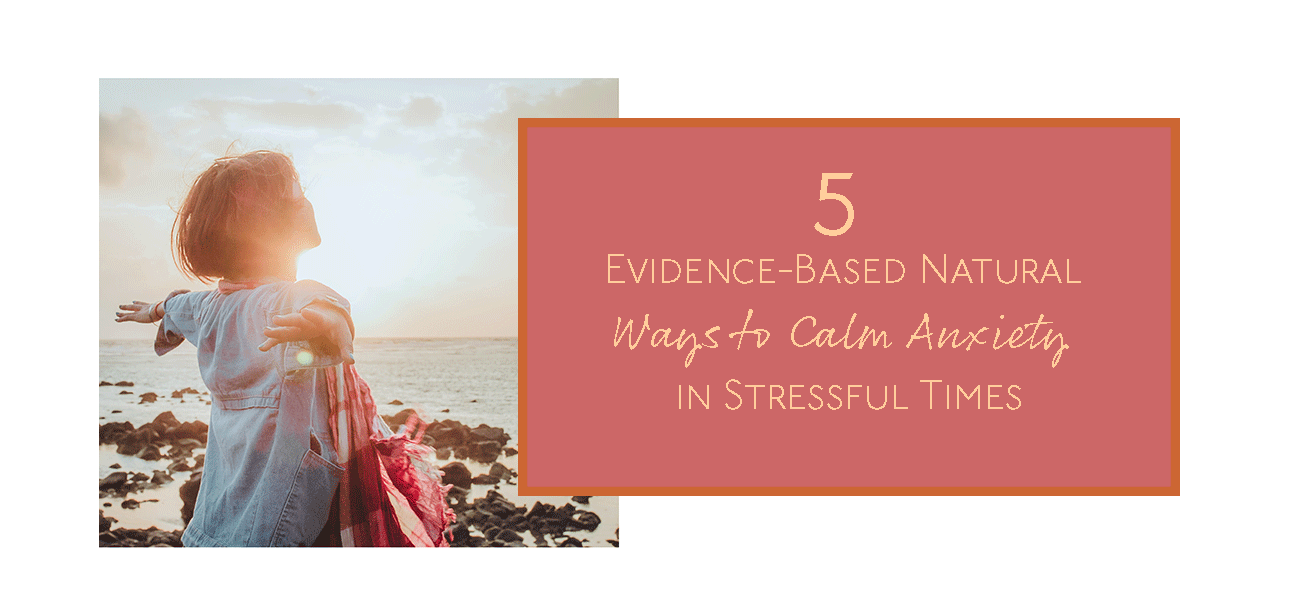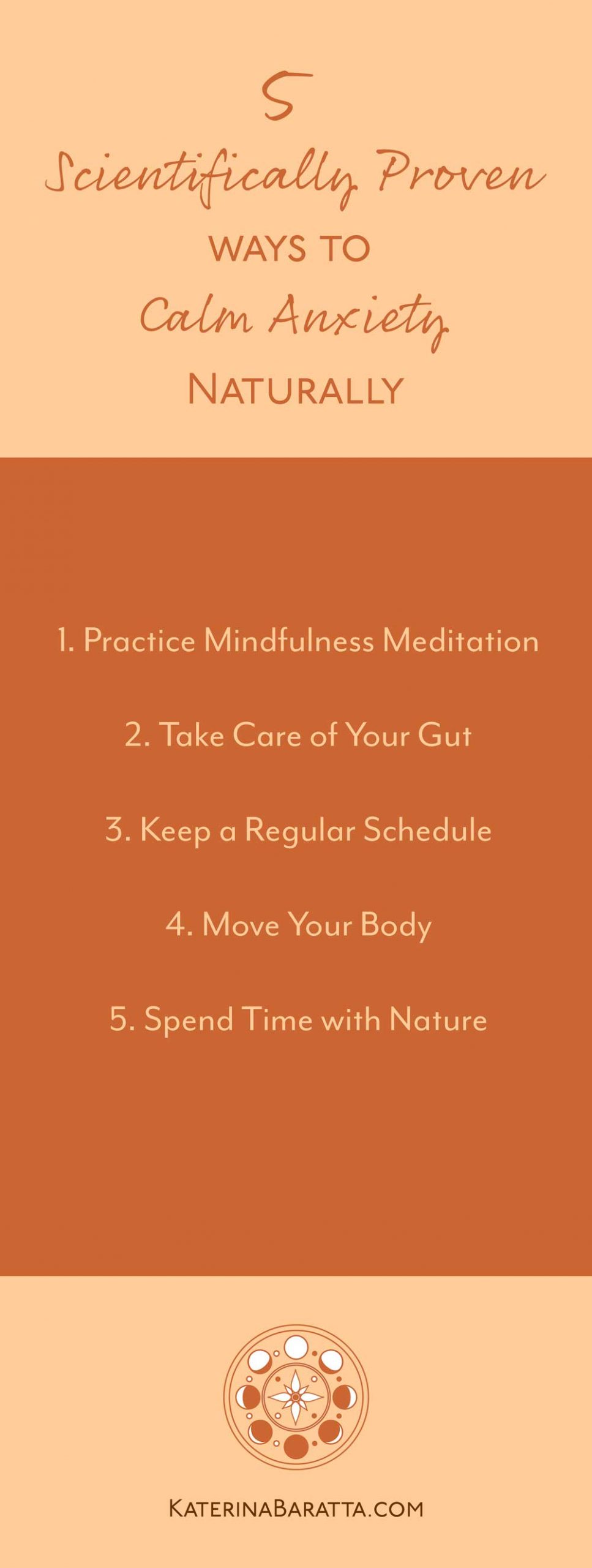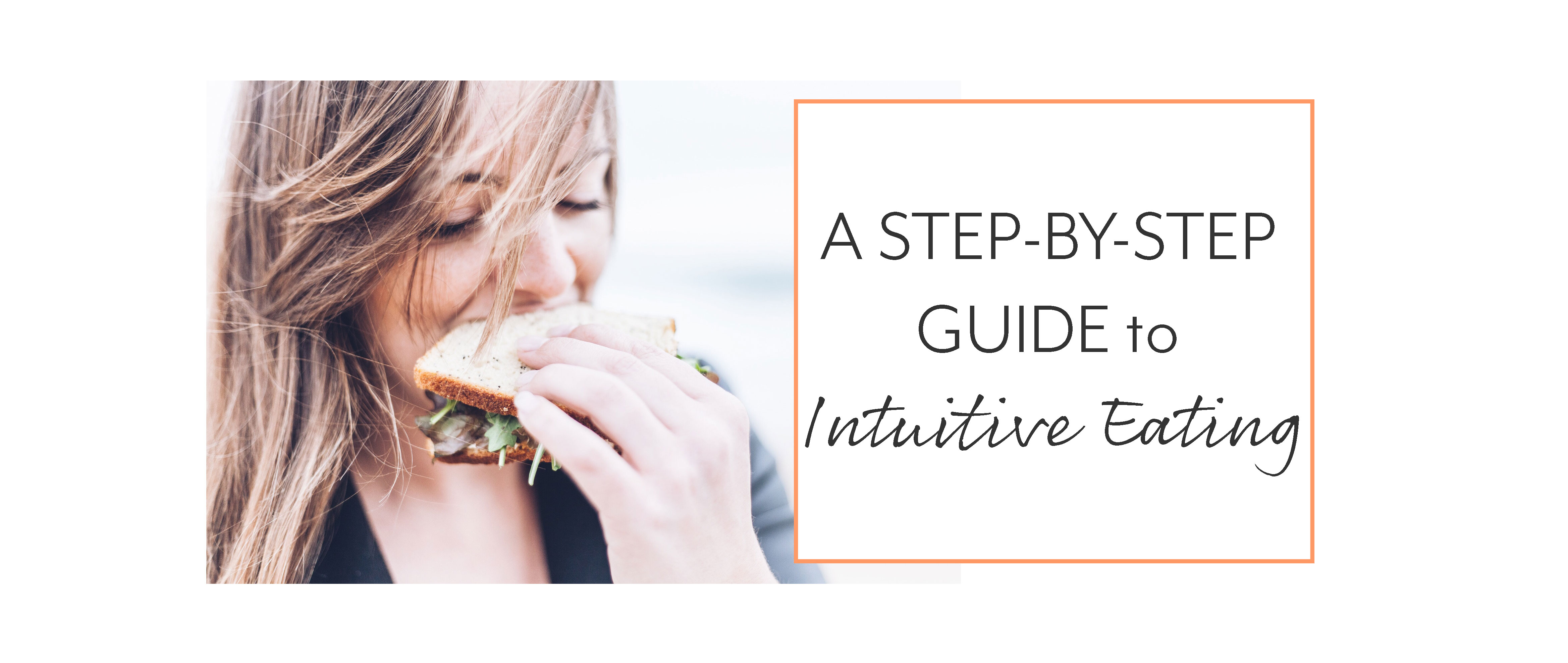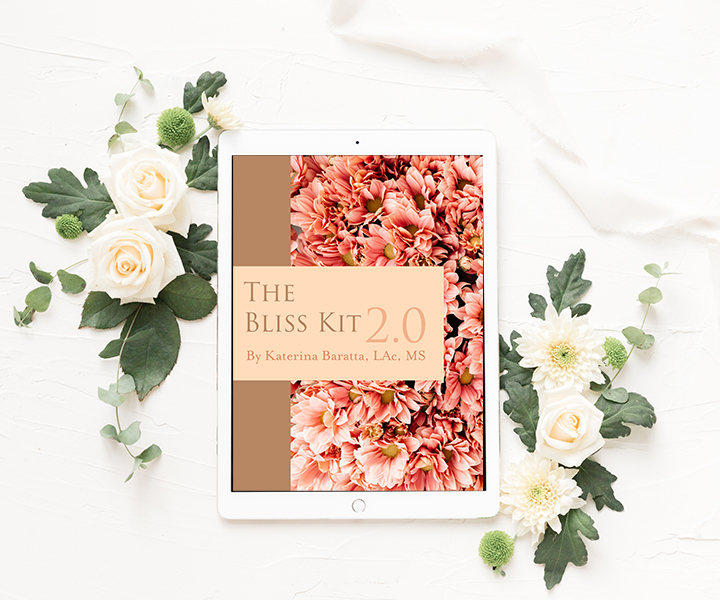
There are lots of scientifically proven natural ways to calm anxiety.
You don’t have to reach for pills to calm anxiety.
Instead, try the 5 natural strategies in this article.
They’ll a have a bigger positive impact on your overall health and well-being than any pill ever can –without any of the negative side-effects!
It’s normal to feel anxious, especially when things change in your life.
Change brings the fragility of life right to the forefront of your awareness.
It reminds you that life is unpredictable.
And when things feel unpredictable, you don’t feel safe.
Most of the time everything actually turns out fine for you.
Even better than fine!
But because you don’t know what’s going to happen, your Ego mind creates stories to try to protect you from every possible outcome.
It thinks that by chewing over all the things that could go wrong, you’ll be able to prepare yourself and handle whatever pain might lie around the corner.
Unfortunately, the stories your Ego mind makes up usually have the exact opposite effect.
They make you feel more anxious, not less.
Luckily, there are simple things you can do everyday to calm anxiety.
It’s best to practice these strategies when you’re not feeling anxious.
Because the more you practice, the more you’ll hard-wire calm into your neurology.
And then the next time anxiety hits, you’ll have a toolbox of coping mechanisms ready to go.
But it’s never too late to start.
So if you’ve been feeling really anxious lately, just do your best to prioritize the things on this list.
You don’t have to be perfect about it.
A little goes a long way.
Pretty soon you’ll be able to nip your anxiety in the bud before it gets out of hand.
Here are 5 scientifically proven, natural ways to calm anxiety:
Practice Mindfulness Meditation
Mindfulness is the practice of observing and fully experiencing the present moment.
Originally, mindfulness was developed by Buddhist monks as a way to relieve mental suffering.
But around the 1970’s these practices were introduced to modern therapy settings by Jon Kabat-Zinn.
Half a century later, these practices have now changed the lives of millions of people around the world.

Studies have shown that Mindfulness-Based Stress Reduction techniques significantly reduce anxious feelings and the incidence of panic. (1,2)
Not only is mindfulness extremely effective, but practicing mindfulness is a great option for anyone who’s turned off by the idea of silent meditation.
A silent sitting meditation practice is still one of the best ways to create a baseline of well-being for yourself.
But if that feels like too much, the coolest thing about practicing mindfulness is that you can use it anytime you want.
And you don’t have to sit still!
You can do the dishes mindfully.
Or try eating mindfully.
Maybe unlock your door mindfully.
If you have a tendency toward worry and rumination, mindfulness is going to be a game-changer for you.
Because mindfulness helps you come fully into the experience of the present moment.
And mindfulness allows you to find the calm and joy in this present moment.
A great way to start practicing mindfulness is by coming into awareness of your senses.
Start to shift away from your thoughts and instead notice what smells, sounds, colors, and textures are around you.
Notice the sensations in your body.
By focusing on the experiences you’re having in the present moment, you’re focusing your mind away from the past and future, which is where anxiety is found.
What you’ll find is that when you’re not rehashing the past and worrying about the future, there is a calm joy to be found in the present experience.
Take Care of Your Gut
Did you know that an estimated 90% of serotonin is produced in your gut?!
Fact. (3)
Not only is this “happiness hormone” produced in the gut, it’s produced by the bacteria in your gut.
Which means you need to have the right kinds of bacteria as your gut roommates.
Because if you don’t have a healthy microbiome with the right kinds of bacteria, you’re not going to be able to produce enough serotonin.
But your gut doesn’t just help to keep you happy.
It also impacts how likely you are to be affected by anxiety.
Unfortunately, you can’t just take probiotics and call it good.
A 2019 systemic review in General Psychiatry examined 3334 articles and 21 studies showed that while probiotic supplements alone improve symptoms of anxiety in 45% of participants, dietary changes aimed at improving gut health were almost twice as effective. (4)
And a 2015 study in Psychiatry Research in particular confirmed this.
The results of this study showed that increasing probiotic fermented foods like sauerkraut, fermented pickles, and kefir significantly reduced neuroticism and social anxiety. (5)
Aside from increasing probiotic foods specifically, everything you eat impacts your gut health and therefore your mental health.
So it’s important to identify food sensitivities and avoid those foods any time you feel less than awesome so you don’t throw your inner balance out of whack.
Remember, a happy gut is essential for a calm and happy mind.
Click here to learn more ways to boost your mood by healing your gut.
Keep a Regular Schedule
What’s the opposite of anxiety?
Feelings of security.
And what makes you feel secure?
Predictability.
Now there’s only so much control you can have here.
Because one of life’s biggest quirks is the inherently unpredictable nature of It All.
But one thing you generally —not always, but most of the time— do have control over is when you eat and sleep.
A predictable routine provides a structure to your day that increases your sense of security.
And it also helps to keep your hormones balanced. (6)
Without getting into all the details, I’ll just keep it simple by stating the obvious:
When your hormones are balanced, you feel better.
And when you feel better, you feel less anxious.
For best results, your sleep routine should look like this:
Ideally, try to wake up just before dawn and go outside to expose yourself to the morning light (which is another natural way to balance your hormones).
Go to bed within 2-4 hours of the sun going down.
Chinese medicine teaches that it’s good to sleep more in the winter and less in the summer.
So by adjusting your sleep to daylight you set yourself up for the gentle and natural shift that your body wants.
Eating at the same time every day is also a good idea.
When you stick to a regular schedule, you’ll notice your body getting hungry before mealtimes.
This is a great sign that your hormones are flowing the way you want them to.
And all of this will help you feel less anxious.
Move Your Body
Another thing you might want to build into your routine is exercise.
A meta-analysis in the journal Anxiety-Depression found that people who regularly engaged in physical activity were protected from anxiety. (7)
And from a natural medicine standpoint this makes sense, too.
Anxiety can be viewed as stagnant energy that’s trying to move but can’t.
When you move your physical body, you’re literally moving the anxious energy in your body so it can transform into something else.
Spend Time with Nature
And the best place to exercise?
Outside in nature.
There are some really cool studies coming out that show just how important spending time in nature can be for both mental and physical health and healing.
A 2010 study in the journal Environmental Health Preventative Medicine compared what happens when you spend time in a city versus time in a forest.
The results showed that people were significantly less stressed when they hung out in the forest. (8)
And it doesn’t stop there.
A 2009 study published in the American Society for Horticultural Science looked at the impact putting houseplants in hospital rooms can have on patients recovering from surgery.
The results were astounding.
Patients in hospital rooms with plants and flowers left the hospital sooner.
They took less analgesics, rated their pain lower, and had more energy.
And since we’re talking about anxiety here, they also had lower ratings of anxiety and rated higher on positive feelings and satisfaction overall compared with those in the control group. (9)
They didn’t even go outside!
Just having a bit of nature in their room made them heal faster and better.
Spending time with nature, also called “ecotherapy”, has been shown to have other benefits too.
A 2018 review in the journal Frontiers in Psychology showed that ecotherapy can reduce pain, improve symptoms of ADHD, is associated with lower weight, improve developmental outcomes in children, and yes.
You guessed it.
This review also showed that ecotherapy has a direct positive impact on stress reduction and lowered anxiety. (10)
These are just 5 of many natural strategies you can use to calm anxiety.
But these 5 are especially powerful because they go together so well.
What’s more, they’re not just theory.
All of these natural strategies to calm anxiety have been proven to have a major positive impact on mental health as well as physical.
Now I’d love to hear from you.
What do you do to relieve stress and calm anxiety?
Leave a comment, I’d love to know!
References:
- https://www.ncbi.nlm.nih.gov/pmc/articles/PMC3772979/
- http://scholar.google.com/scholar_url?url=http://www.academia.edu/download/46988796/Effectiveness_of_a_Meditation-based_Stre20160703-30744-11u72g7.pdf&hl=en&sa=X&scisig=AAGBfm3YIW1Nj9OKCudgw_wGS_LrukcEVw&nossl=1&oi=scholarr
- https://www.caltech.edu/about/news/microbes-help-produce-serotonin-gut-46495
- https://www.ncbi.nlm.nih.gov/pmc/articles/PMC6551444/#
- https://www.ncbi.nlm.nih.gov/pubmed/25998000
- https://www.ncbi.nlm.nih.gov/pmc/articles/PMC5372003/
- https://onlinelibrary.wiley.com/doi/abs/10.1002/da.22915
- https://www.ncbi.nlm.nih.gov/pubmed/19568835
- https://journals.ashs.org/hortsci/view/journals/hortsci/44/1/article-p102.xml
- https://www.ncbi.nlm.nih.gov/pmc/articles/PMC6085576/
Download Your FREE Step-By-Step Guide to Intuitive Eating
and learn how to use food
to reduce stress & anxiety

• Learn to read what your body needs
• Reduce stress around food
• Love the way you feel in your body
• Shape your life the way you want it to be




